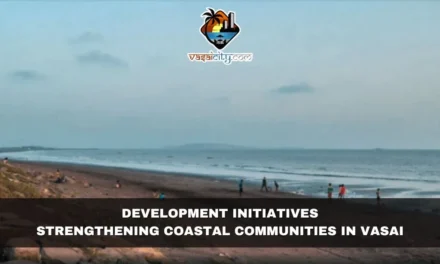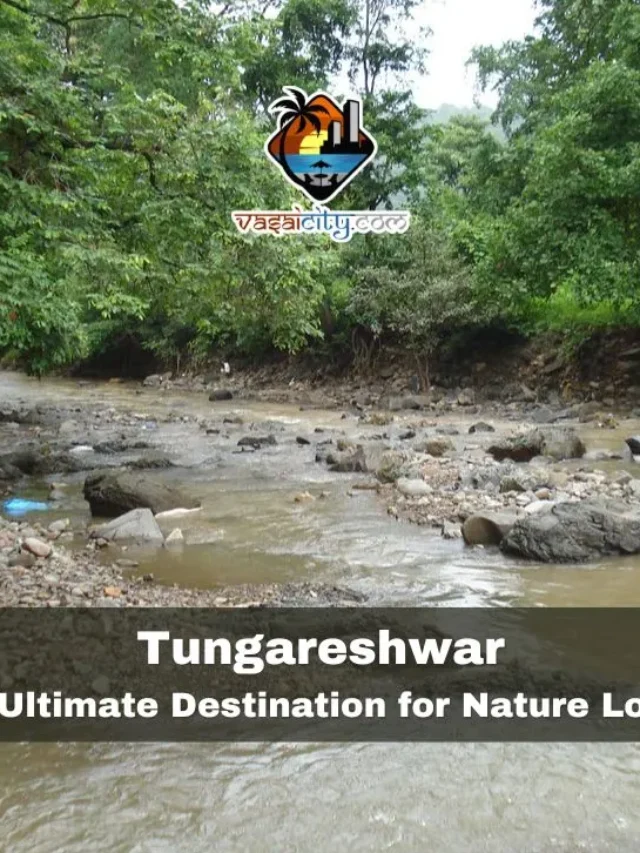In a coastal town like Vasai, where fishing has been a way of life for many years, the recent decline in fish production has raised concerns among the fishing community. Over the past few years, a significant drop in fish catch has led to economic hardships for traditional fishermen, prompting them to request government assistance.
Comparatively, only 20% of the expected fish catch has been realized, leading to financial struggles for fishermen. This decline is attributed to various factors such as unpredictable weather patterns, rough seas, and the adverse impact of destructive fishing practices. The situation has become so dire that even established fishermen are finding it challenging to make ends meet.
The fishing industry in the coastal regions of Maharashtra, particularly in Vasai, has been a significant contributor to the local economy. However, the persistent challenges of bad weather and environmental disruptions have hindered the fishermen’s ability to maintain a stable income through fishing.
In response to these difficulties, a collective plea has been made to the Chief Minister by a group of youth activists representing the fishing community. They have highlighted the urgent need for the government to address the crisis by declaring the ongoing fishing calamity and providing economic relief to the affected traditional fishermen.
Vasai, situated on the shores of Maharashtra, has witnessed a substantial decline in fishery yields due to factors like cyclones, adverse weather conditions, and irregular rainfall, making it nearly impossible for fishermen to carry out their operations efficiently. The use of destructive fishing methods has further exacerbated the situation, causing damage to marine ecosystems and reducing the overall fish population.
The adverse impact of the fishing crisis is evident in the financial struggles of traditional fishermen. With a lack of financial support and increasing debts, around 40% of the fishermen have been forced to suspend their fishing activities. The financial burden includes loan repayments to banks and local traders, making it challenging for them to meet their basic needs.
Milton Saudiya, the leader of the youth group advocating for fishermen’s rights, emphasized the severe consequences of the fishing crisis on traditional fishermen. He stated that many small-scale fishermen have taken loans from banks, local traders, and private lenders, making them vulnerable to economic downturns caused by factors like decreased fish catch and natural disasters.
The urgent demand for government intervention comes at a time when traditional fishermen are grappling with economic hardships, leading to a halt in fishing activities and an increasing debt burden. The youth group urges the government to declare the fishing crisis officially, allocate financial aid to affected fishermen, and provide necessary support to revive the traditional fishing industry.
As traditional fishermen face unprecedented challenges, the plea to the government emphasizes the need for a comprehensive solution to address the economic hardships caused by the fishing crisis. The youth group aims to create awareness about the plight of traditional fishermen, urging policymakers to take immediate action to safeguard the livelihoods of those dependent on the fishing industry in Vasai.
In conclusion, the fishing crisis in Vasai has triggered a collective call for government assistance to revive the traditional fishing industry. As the youth group presents its case to the Chief Minister, the hope is that prompt and effective measures will be taken to alleviate the financial burdens faced by traditional fishermen and restore the prosperity of the local fishing community.













